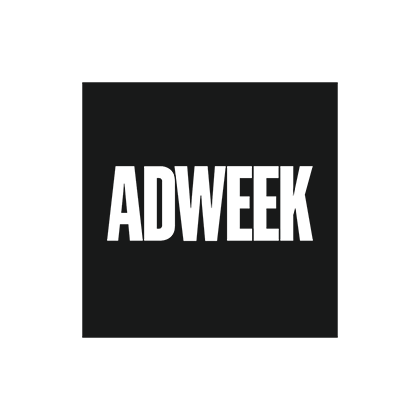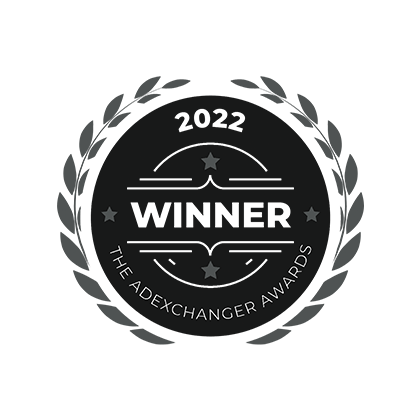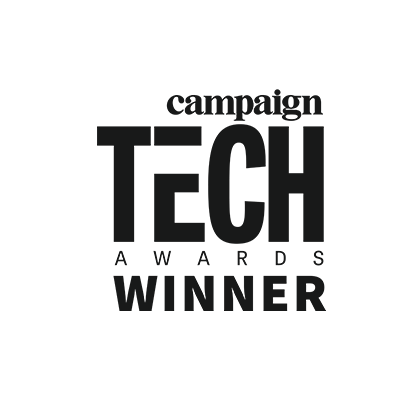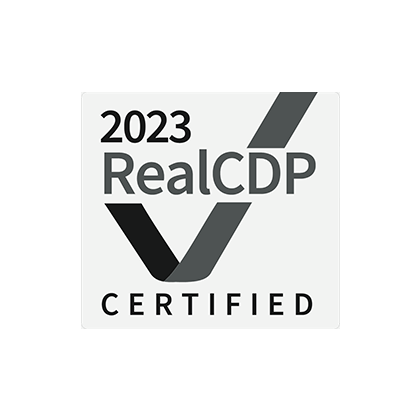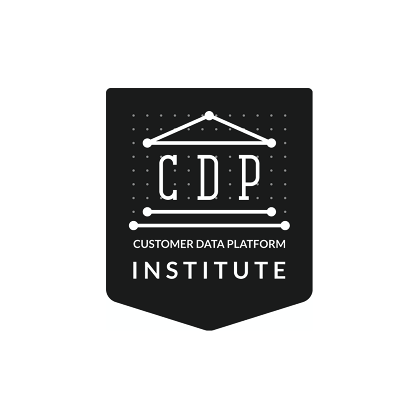In case you missed it, Google announced in a blog post on March 3rd that when it phases out third-party cookies at the end of this year it “will not build alternate identifiers to track individuals as they browse across the web…”
While the industry and adtech community continues to digest the news and its implications, we welcome today’s announcement. Here’s why.
It’s the next industry catalyst
The latest statement was positioned as a successor to Google’s original announcement back in early 2020 that it would be phasing out third-party cookies – and rightly so. This step is another one in the industry’s broader journey of moving towards a future that centers around the user and their privacy.
This is another important initiative in earning back the consumer trust that the third-party cookie so damaged. We’ve long held the position that publishers and advertisers alike need to move on from a reliance on them, which is why we launched ID+ – a Universal ID solution – last year. Today’s announcement validates this initiative, which seeks to show that the priorities of publishers and advertisers don’t need to be mutually exclusive with the privacy needs of the consumer.
To be clear: marketers will continue to be able to buy authenticated audiences against the Zeotap ID+ across the open web, and this includes buying authenticated inventory through DV360. These future-proof and cookieless transactions are enabled through Private Marketplace (PMP) deals and the integrations ID+ has with leading SSPs such as PubMatic.
It prioritizes the consumer’s privacy
As Google rightly said today, an ID solution that doesn’t meet consumer expectations for privacy isn’t a viable long-term investment. It’s important to remember here that not all Universal ID solutions are created equal, and while they all exist under the premise of surviving and thriving in a ‘cookieless future’, not all of them prioritize user privacy and data security. ID+ does – it’s based on transparent user authentication through hashed offline identifiers, with explicit user consent baked into every record.
Industry sustainability is in our collective interest
Google underlined that the future of the ‘free and open web’ is at stake if digital advertising fails to evolve to regain consumer trust.
We agree, but add that the sustainability of the open web also relies on interoperability – ironically, something that third-party cookies did pretty well. In a world without them, the ecosystem needs solutions that work together to allow publishers and advertisers alike to continue to achieve their goals. That’s why we’ve invested heavily in building out the ID+ initiative, with over 60 leading publishers across Europe on board.
It puts the spotlight on first-party data
Google said that ‘first party relationships are vital’ and we couldn’t agree more. Balancing consumer privacy and trust with a sustainable ecosystem will be defined by how effectively publishers and marketers can partner to leverage first-party data. To do that, they need to move quickly on integrating tech solutions that support this objective.
That’s exactly why we see companies adopting our Customer Data Platform (CDP) – the drive to make sure that first-party data is actionable is accelerating, and that’s only a good thing. Once again, this is part of the tide turning to position the consumer as the most important player in the martech and adtech ecosystem.
The clock is ticking
If nothing else, the announcement provided a much-needed reminder that our world is about to change radically, and it’s going to do so sooner than we think.
Today’s news will shape tomorrow’s media planning and buying. It’s clear that publishers and advertisers need to double down on proper tech solutions to support first-party data and addressable capability with a sense of urgency. Google’s messaging should be read as a clear indicator that the future begins now.


